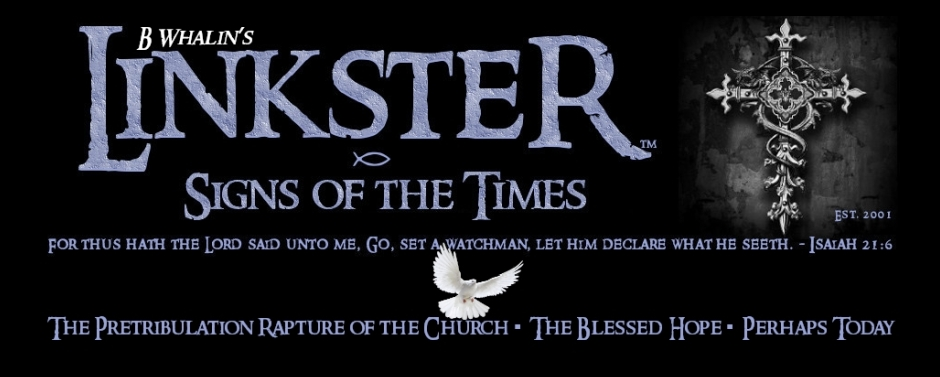
SODOM AND GOMARRAH (1962)

The Most Popular Post On This Site In 22 Years
Originally Published This 61-Year-Old Movie Here On June 27, 2013
Sex, torture and betrayal in Biblical Sodom and Gomorrah. Lot, the nephew of leader of the Hebrews Abram (later renamed Abraham), believes his people can co-exist with the Sodomites, a disastrous decision.
With Portuguese subtitles/Com legendas em Português
The Fate Of Sodom And Gomorrah

“But the men of Sodom were wicked and sinners before the LORD exceedingly.”
Genesis 13:13 (KJV)

“Even as Sodom and Gomorrha, and the cities about them in like manner, giving themselves over to fornication, and going after strange flesh, are set forth for an example, suffering the vengeance of eternal fire.”
Jude 1:7 (KJV)

“And turning the cities of Sodom and Gomorrha into ashes condemned them with an overthrow, making them an ensample unto those that after should live ungodly;”
2 Peter 2:6 (KJV)

“But the same day that Lot went out of Sodom it rained fire and brimstone from heaven, and destroyed them all.”
Luke 17:29 (KJV)

The Kingdom of Judah’s Ancient History (1960)

Synopsis: Across the centuries many legends have grown around the biblical story of Ruth. All of them begin in the Jews’ ancient land of Judah (today’s so-called “West Bank”) later known as The Kingdom of Judah under the reign of King David (circa 1040 - circa 970 B.C. - Before Christ).
Inspired by the scriptural tale. Moabitess priestess Ruth is drawn both to a Judean man and to his talk of a forgiving God. After tragedy strikes, she begins a new life in Bethlehem.
The book of Ruth describes an episode in the time of the Hebrew’s Judges. It gives a lively picture of ancient life, with its manners and customs. Ruth was a great-grandmother of King David, and so is in the earthly ancestry of Jesus Christ. » Read the biblical story of Ruth - written circa 1322 B.C. (Before Christ)
Inspired by the scriptural tale. Moabitess priestess Ruth is drawn both to a Judean man and to his talk of a forgiving God. After tragedy strikes, she begins a new life in Bethlehem.
The book of Ruth describes an episode in the time of the Hebrew’s Judges. It gives a lively picture of ancient life, with its manners and customs. Ruth was a great-grandmother of King David, and so is in the earthly ancestry of Jesus Christ. » Read the biblical story of Ruth - written circa 1322 B.C. (Before Christ)
One Of The Most Sympathetic Passages In Literature
“And Ruth said, Intreat me not to leave thee, or to return from following after thee: for whither thou goest, I will go; and where thou lodgest, I will lodge: thy people shall be my people, and thy God my God: Where thou diest, will I die, and there will I be buried: the LORD do so to me, and more also, if ought but death part thee and me.” Ruth 1:16-17, written circa 1,322 B.C., King James Holy Bible


